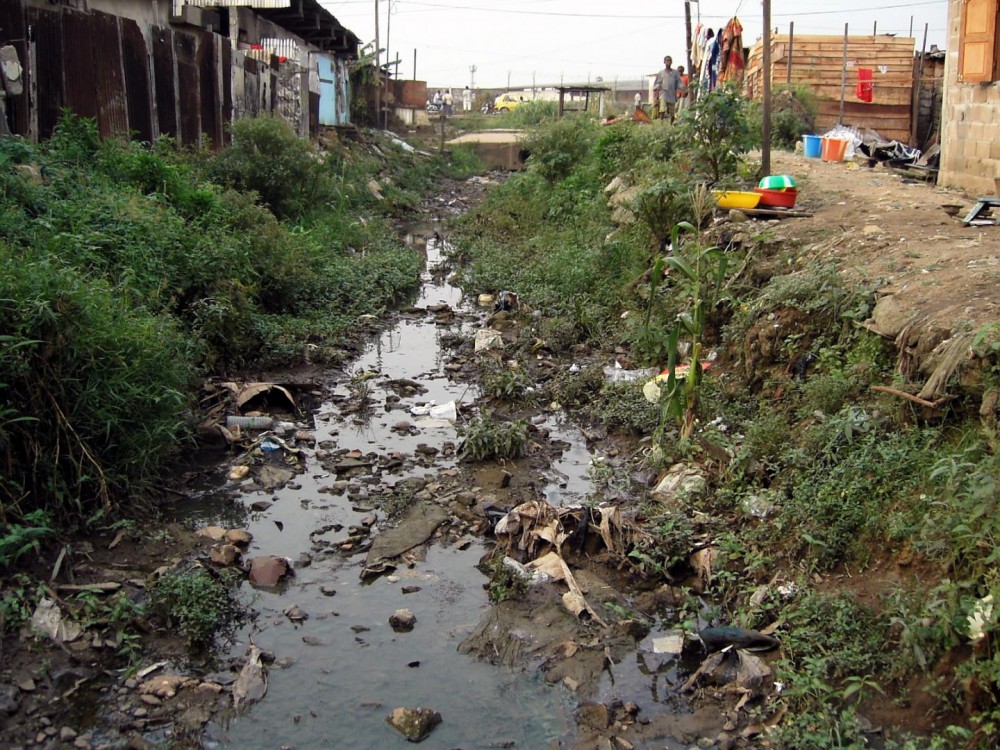
Research from an assortment of international institutions could yield improved efforts to control and contain cholera outbreaks, thanks to two comprehensive studies that have traced 60 years of outbreaks across the world.
Africa, Latin America and the Caribbean were all the focus of the research. In total, 1,200 strains of the bacterium which causes the small intestine-focused disease were studied, and not only improved understanding of how it circulates, but how to therefore anticipate the risk of new outbreaks. The findings were published in Science Magazine.
Research was led by the private Institut Pasteur, the Institut Pasteur International Network and the Wellcome Trust Sanger Institute, with collaboration from other institutions around the globe. Noting that there have been seven cholera pandemics since the 1800s – the seventh is ongoing – researchers linked the cholera outbreaks in the African and American continents that began in 1961 by analyzing current and past strains of Vibrio cholerae.
In the process, they discovered this most recent outbreak originated in Asia, and human populations are the main driver. As of 2016, 38 countries have reported cases, with Africa the heaviest hit. In fact, they determined that the cholera bacterium has been reintroduced to Africa 11 times over the past 44 years, always from Asia. Asia also leant them the multidrug resistance that has complicated treatment.
“These results show that cholera was not only introduced into Africa in 1970 before subsequently taking up residence there, but is repeatedly introduced to the two main regions of West and East Africa, spreading across the continent along similar paths to areas of persistence such as the Lake Chad Basin or the Great Lakes region,” Dr. François-Xavier Weill, head of the Institut Pasteur Enteric Bacterial Pathogens Unit, said. “These results provide information about the regions of Africa that are most susceptible to the introduction of cholera, and that will need to be targeted to stem the wave of cholera before it sweeps the rest of the continent.”
In analyzing Latin America as well, researchers proved that different strains of the cholera bacterium provide different levels of outbreak risk. They are not, in fact, a one size fits all. Local strains have lacked the power of those strains that crossed over from Asia.




